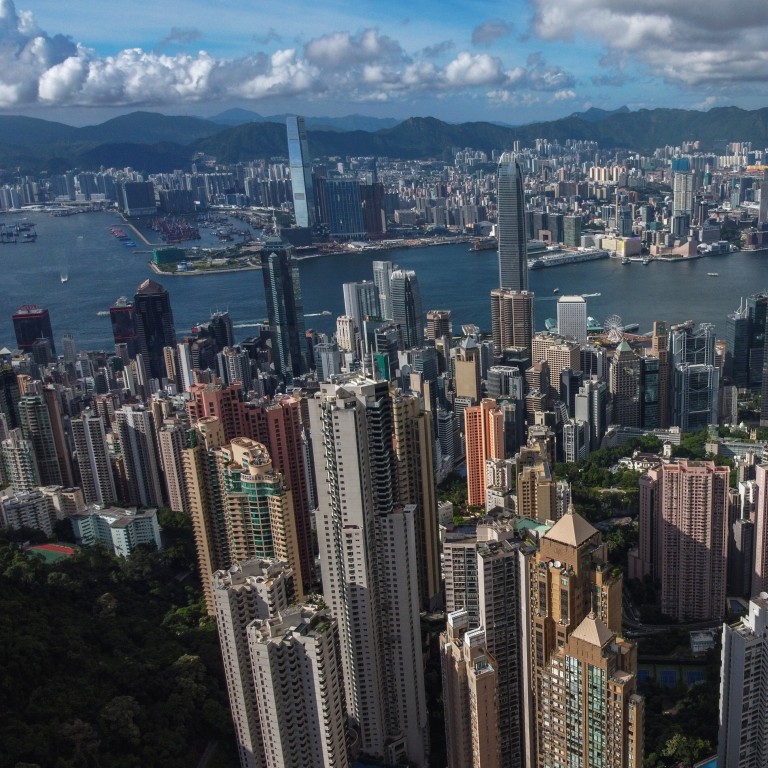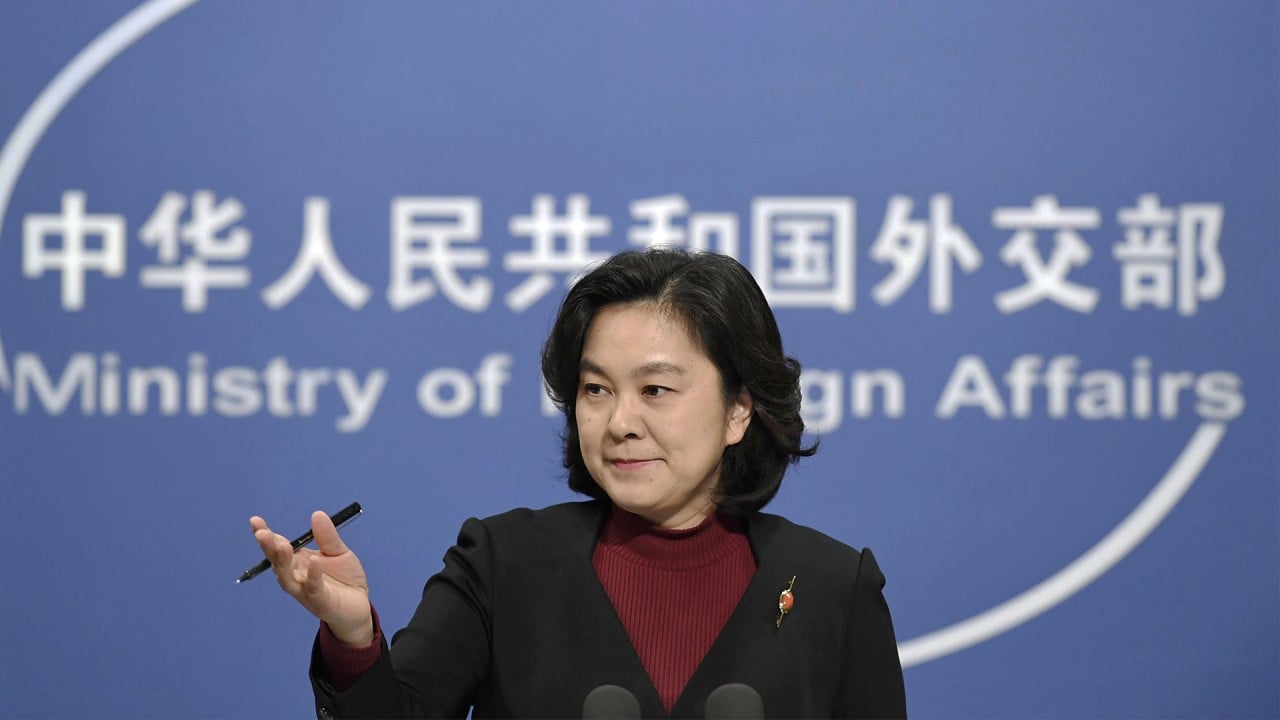
US raises concerns over mainland China security forces operating in Hong Kong, as it again warns citizens about travelling to city
- US state department tells citizens to reconsider visiting city and expresses concern over what it says is lack of judicial oversight
- But latest travel advisory does lower Covid-19 threat level to moderate
But the level three rating remained in place for the overall advisory, which the US Department of State issued on Thursday, US time, recommending that its citizens reconsider plans to visit the city.
Under the national security law that Beijing imposed on Hong Kong on June 30, acts of secession, subversion, terrorism and collusion with foreign forces are punishable by up to life imprisonment.

00:52
China strikes back at US diplomats after fresh national security law sanctions
In September, the department warned that under the new legislation, China’s “security forces, including the new Office for Safeguarding National Security, now operate in Hong Kong”.
It also accused China of launching a “propaganda campaign” that had “falsely accused individuals of fomenting unrest in Hong Kong”.
The latest version of the travel advisory added the warning about China’s security forces which it said were “not subject to oversight by the Hong Kong judiciary”. The advice specifically stated that US citizens were among those who had been falsely accused, but did not elaborate.
“In some cases, the campaign has published their personal information, resulting in threats of violence on social media,” it said.
While Beijing and the Hong Kong authorities have said the impact of the national security law would be limited, Western governments have expressed concern. US President Donald Trump in July signed an act to impose sanctions on foreign individuals and entities for “contributing to the erosion of Hong Kong’s autonomy”, as well as an executive order to end the special status given to the former British colony under American law.
The state department began to consolidate separate advisories for Hong Kong and mainland China into a single one in September over the claimed loss of the city’s autonomy.
“The consolidated travel advisory reflects this reality, and is part of our continuing effort to adjust policy to reflect the facts on the ground,” a department spokesman said, adding its priority was the safety of its citizens abroad.
Hongkonger charged under national security law over chants denied bail again
“In this update, we have included more specific information on the types of interrogation, arrest, and detention cases we have seen recently in an effort to provide US citizens the most specific, actionable information possible,” he said.
A government spokesman said that although the mainland national security officers were not under local jurisdiction while carrying out their duties, they must still comply with both Hong Kong and mainland laws and were supervised by national authorities.
Meanwhile, more than 80 senior Hong Kong civil servants, comprising permanent secretaries, department heads and directorate-grade employees, took oaths of allegiance on Friday as required under the national security law. Four others were unable to attend due to a clash with other duties and would take their oath later, according to a Civil Service Bureau spokesman.
Permanent Secretary for the Civil Service Ingrid Yeung Ho Poi-yan led the oath-taking in the latest round, which was overseen by Chief Executive Carrie Lam Cheng Yuet-ngor. Chief Secretary Matthew Cheung Kin-chung and Secretary for the Civil Service Patrick Nip Tak-kuen were also present.
Lam said in a speech that more than 3,000 newcomers to the civil service had also signed a declaration pledging allegiance.
Lam called on the senior civil servants to set a good example to others as they played a significant role in policymaking.
“To require civil servants take an oath or sign a declaration is to allow them to openly confirm their responsibility, enhance their understanding of the role of a civil servant, and genuinely realise what being a civil servant of the Hong Kong government is required by the country and society,” she said.
The government said it would announce details shortly on the remaining civil servants making the pledge.

